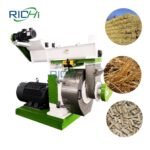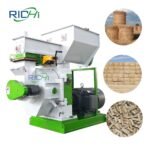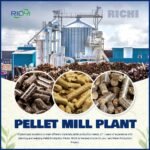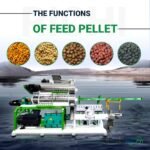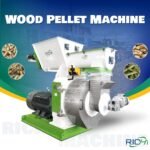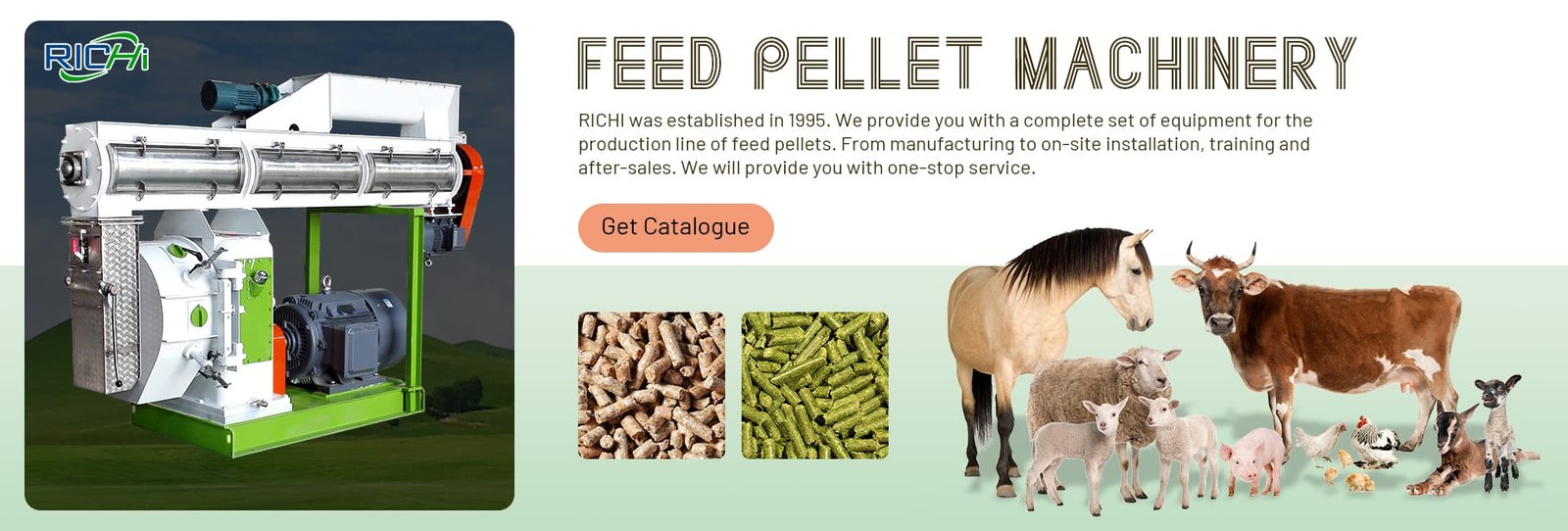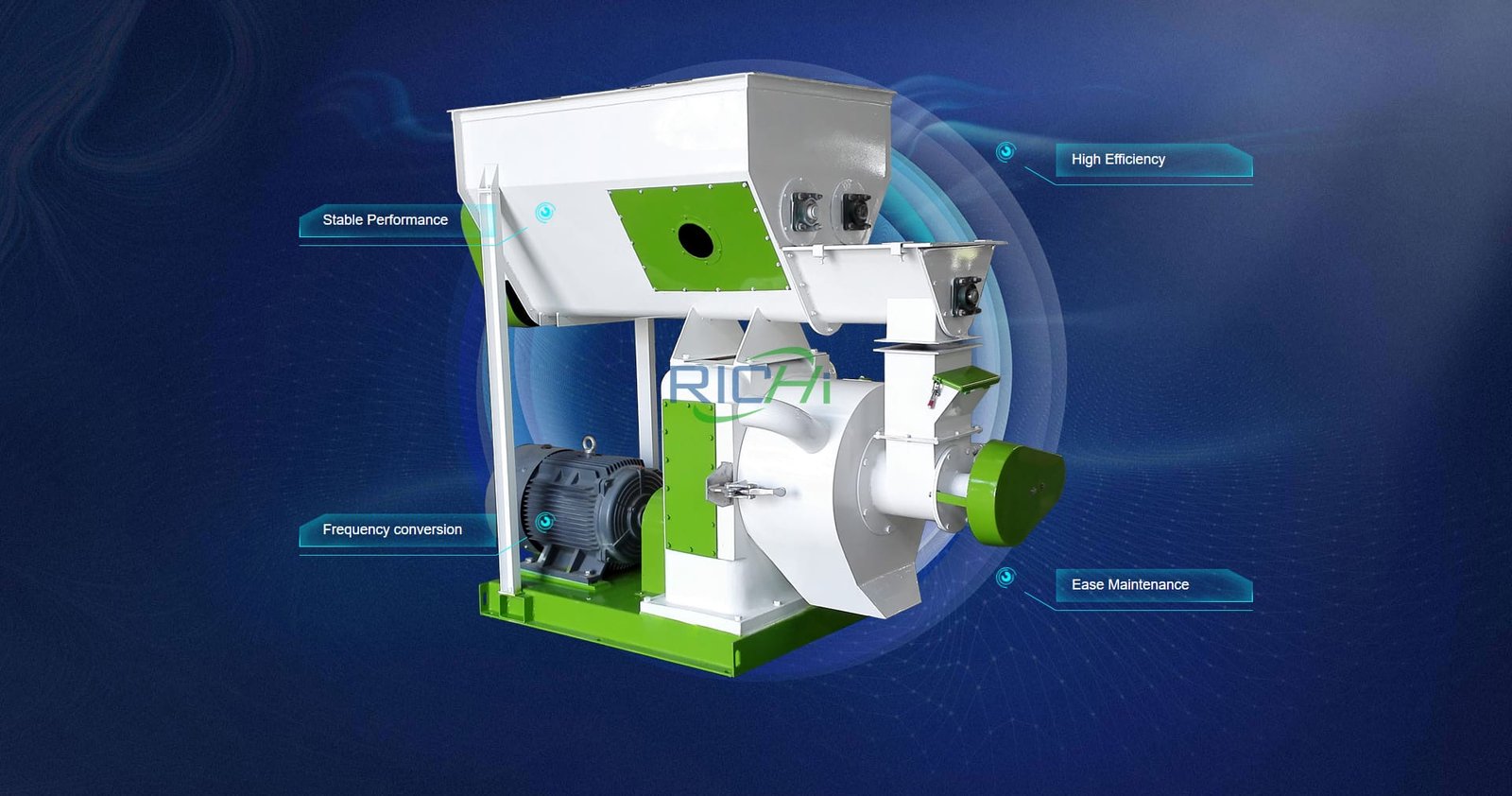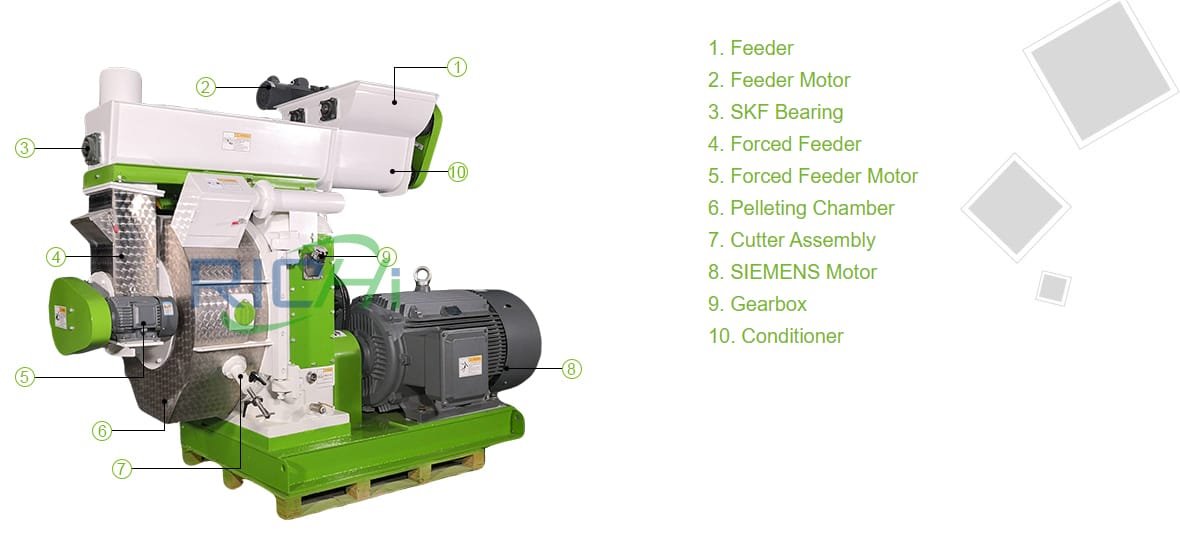Managing manure effectively is a significant challenge in livestock and poultry farming. Not only does it impact environmental sustainability, but it also plays a crucial role in farm efficiency. Composting manure offers a practical solution, turning what is often seen as waste into valuable organic fertilizer.
Overview of Manure Composting: Manure composting is the process of decomposing organic matter, like animal waste, into a nutrient-rich soil amendment known as compost. In the context of livestock and poultry production, it’s an essential practice for sustainable waste management.
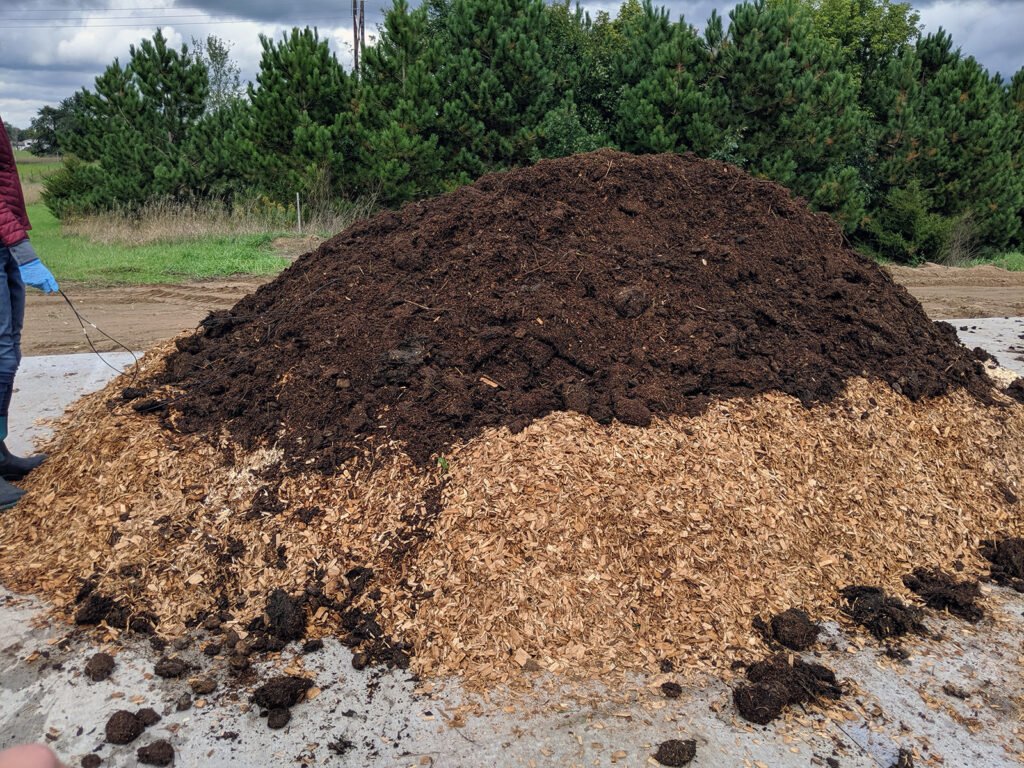
Benefits of Manure Composting:
- Nutrient Recycling and Soil Health: Composting converts manure into a rich soil additive, improving soil health and crop yields.
- Reduced Environmental Impact: Proper composting reduces greenhouse gas emissions and prevents nutrient runoff, protecting water sources.
- Enhanced Farm Sustainability: Composting manure contributes to a more sustainable agricultural ecosystem by recycling waste into a useful product.
Key Steps in the Composting Process:
- Collection and Preparation: Gather manure and mix with carbon-rich materials like straw or sawdust.
- Composting Process: Manure composts through aerobic digestion. Regularly turn the compost to maintain oxygen levels.
- Monitoring Quality: Monitor temperature and moisture levels to ensure the compost matures properly.
Challenges and Solutions in Manure Composting:
- Odor Control: Proper aeration and moisture management can reduce odors.
- Space Requirements: Designate a specific area for composting that allows for easy access and management.
- Time Management: Use techniques like turning piles or adding accelerators to speed up the composting process.
Case Studies and Real-World Applications: Consider the case of Green Valley Farms, which successfully implemented a manure composting system. This not only improved their soil quality but also reduced their carbon footprint, showcasing the tangible benefits of effective manure management.
Manure composting is a crucial aspect of sustainable livestock and poultry production. By turning waste into a resource, farms can enhance their soil, reduce their environmental impact, and move towards more sustainable practices.

